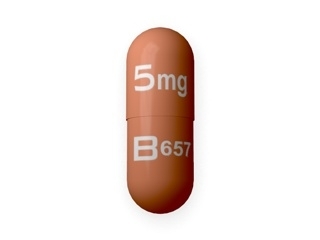Does Viagra help Alzheimer’s disease?
Viagra (sildenafil) has long been known as an effective treatment for erectile dysfunction (ED). In addition, modern research points to its potential for other conditions, including Alzheimer’s disease.
Viagra’s effectiveness in treating erectile dysfunction
Clinical studies: According to numerous studies, Viagra has shown high effectiveness in improving erectile function in men. One review published in the International Journal of Impotence Research noted that long-term use of sildenafil significantly improved erectile function with minimal side effects (Nature) (Nature).
Real-World Use: A study conducted in the UK showed that Viagra is effective in real-world settings. The study involved 99 men, most of whom achieved satisfactory results. Side effects were minimal and rarely led to discontinuation of treatment (BioMed Central).
Viagra’s Potential for Treating Alzheimer’s Disease
Cleveland Clinic Research: One of the latest studies conducted by the Cleveland Clinic has shown that the use of sildenafil may reduce the risk of developing Alzheimer’s disease. The study found that patients who took Viagra had a 30-54% lower risk of developing the disease than those who did not take it. This is because sildenafil reduces levels of neurotoxic tau proteins associated with the development of Alzheimer’s disease and helps improve brain function and reduce inflammation.
A study conducted at the Cleveland Clinic points to sildenafil (Viagra) as a potential treatment for Alzheimer’s disease. The researchers used insurance claims data and monitored the brain cells of Alzheimer’s patients to reach their conclusions.
Sildenafil, the active ingredient in Viagra, is primarily used to treat erectile dysfunction and pulmonary arterial hypertension. The new study, led by Dr. Feixiong Cheng, analyzed millions of anonymized insurance claims from two databases. It found that patients who took sildenafil had a 30% to 54% lower risk of developing Alzheimer’s disease than those who did not take it.
Sildenafil was also shown to reduce levels of neurotoxic tau proteins in the brain cells of Alzheimer’s patients. Neurons treated with sildenafil showed improved brain function, cell growth, and reduced inflammation, which protects against neurodegeneration.
Dr. Cheng noted that the results of the study can serve as a basis for clinical trials to evaluate the effectiveness of sildenafil in the treatment of Alzheimer’s disease. Using artificial intelligence to analyze the data allowed the team to quickly and reliably identify the potential of this drug for new therapeutic targets.
The results of the study were published in the Journal of Alzheimer’s Disease and confirm previous findings on the potential of sildenafil in the treatment of this disease.
This study was supported by the National Institute on Aging and the National Institute of Neurological Disorders and Stroke in the United States.
For more detailed information, you can refer to the full texts of the studies in reputable scientific journals and articles (Cleveland Clinic) (academic.oup) (Nature).













